bill wood
art | illustration | design
MLS MATCHDAY | ONE NIGHT ONLY | ANOTHER NIGHT ONLY | SOLD OUT | STANDING ROOM ONLY | MONDAY NIGHT MADNESS | HELLBILLY JOKER | CHEAP MOTELS
SATURDAY NIGHT SLAM | A HOLIDAY IN HELL | BORN IN 1974 | THE TRUE NORTH | FISTFUL OF CELLUOID | SUBTITLES OPTIONAL | SHADOW & SUBSTANCE
BLACK BELT THEATER | THE QUIET ROOM | GUTS & GLORY | SPIRIT OF '79 | WOOD VS. LEATHER | DIGITAL GUMBO | PEACE & BLOOD | ROUND MIDNIGHT
Welcome to my blog, where I’ll ramble on about some of my favorite things; an unsung rock band, a defunct pro wrestling promotion, or anything else that comes to mind. Enjoy!
15 CLASSIC
SAMURAI MOVIES
These jidaigeki and chanbara films are not to be missed
BILL WOOD | MAY 2, 2022


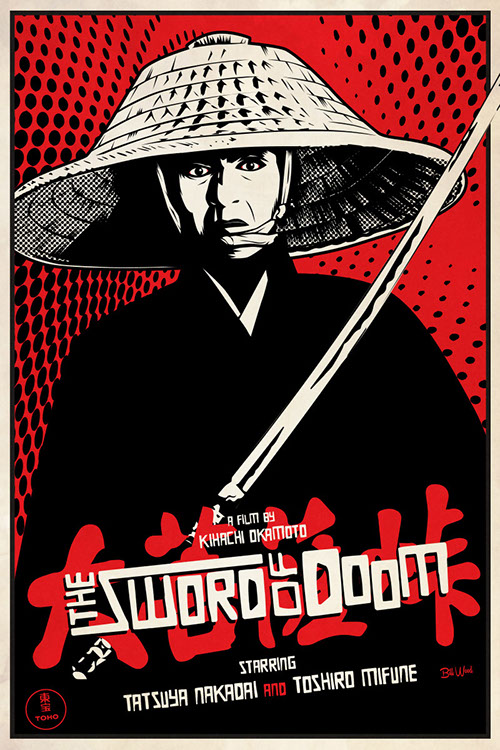
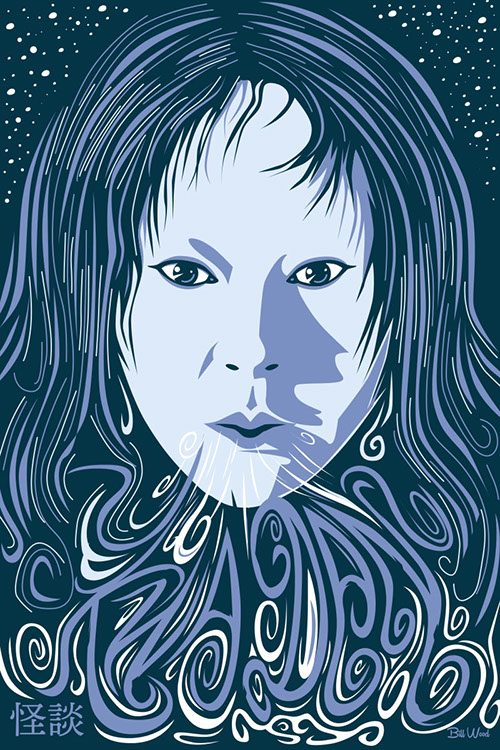


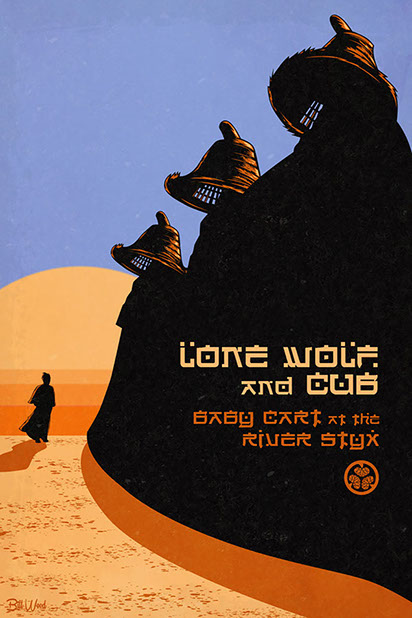
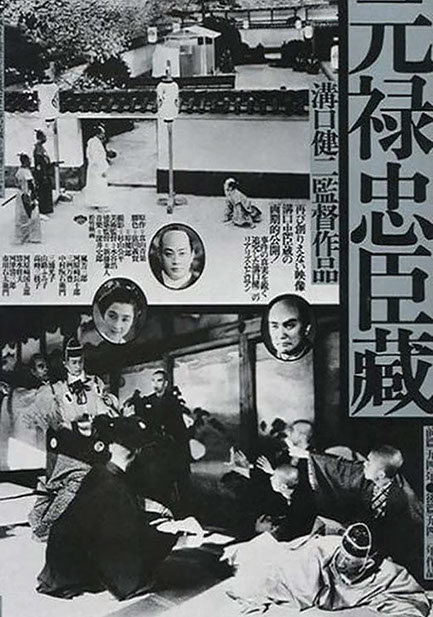

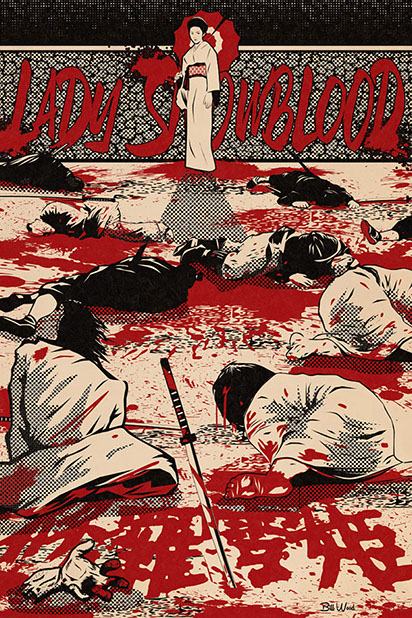


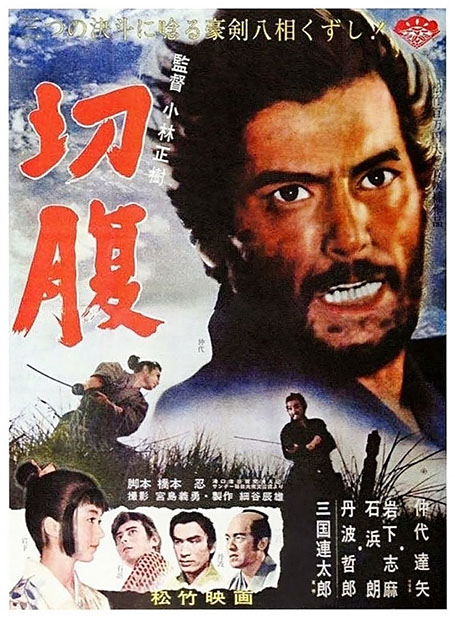
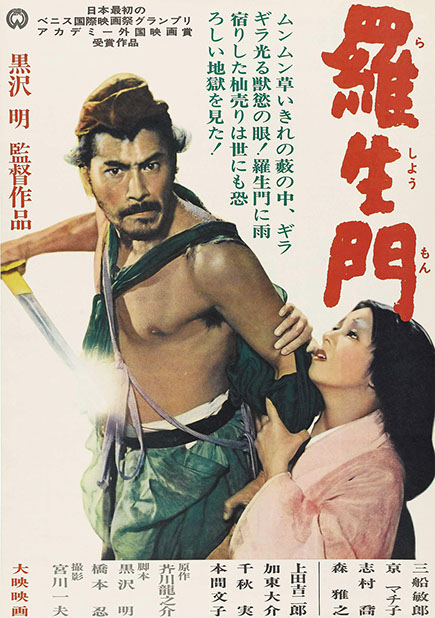

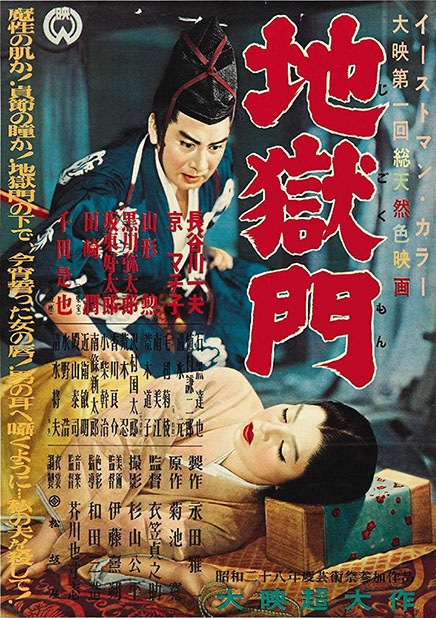

Modern samurai video games share an undeniable influence, and that influence is Akira Kurosawa. Need evidence? Ghost of Tsushima features a "Kurosawa Mode" emulating his iconic cinematic style. Nioh 2 credits him in the storyline. Trek to Yomi is essentially a grainy, grayscale tribute piece.
Perhaps the single most essential filmmaker in Japanese history, Akira Kurosawa is responsible for several of the most important cinematic works not only in his own country, but the entire world. And while he may have popularized the jidaigeki (period drama) and chanbara (sword fighting) film genres, he's not the only great samurai filmmaker. What follows is one longtime enthusiast's list of recommended samurai films. If you're new to the genre, this is a great place to start!
Movie synopses are from imdb.com, with my own updates and comments where applicable. Most poster art by yours truly - BW
Gate of Hell (1953)
Director: Teinosuke Kinugasa
Stars: Machiko Kyô, Kazuo Hasegawa, Isao Yamagata
Synopsis: An obsessed samurai pursues a married lady-in-waiting.
Despite the sinister-sounding title, Gate of Hell has nothing to do with horror. And that's okay, because it is a phenomenal jidaigeki tale by any standard.
It's the vivid Eastmancolor that really seals the deal for me. I could watch this movie over and over again, mesmerized by the overly-saturated tones that give the film an almost surrealistic painted effect, not unlike the poster you see to your left.
BLOGS













